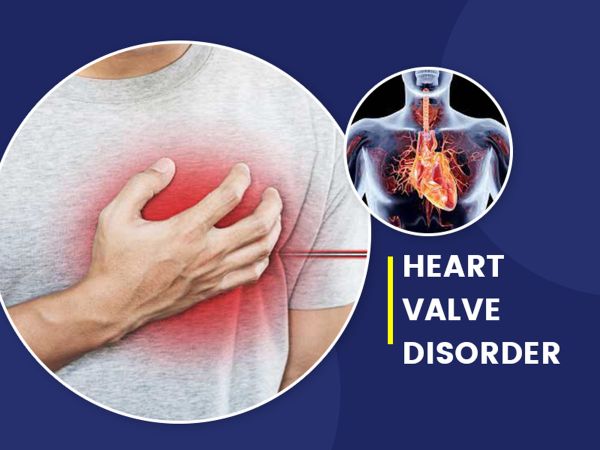
Preparing for Heart Valve Replacement Surgery: Minimizing Risks
Introduction The perplexing realm of medical treatment revolves around the enigmatic quandary of when surgery becomes an imperative. In certain instances, surgical intervention emerges as the paramount choice for confronting a specific health affliction or injury. It is crucial to fathom that surgery does not invariably take precedence; it is typically contemplated only after alternative non-invasive methodologies have been exhaustively explored. The decision to undergo such an invasive procedure hinges upon a meticulous evaluation of the perils and merits, meticulously weighing potential outcomes and long-term repercussions on the patient’s holistic well-being. While the prospect of surgery may be overwhelming, comprehending its underlying necessity and rationale is indispensable. Unraveling the need for surgical intervention necessitates adopting a comprehensive approach that encompasses multifarious factors shrouded in bewilderment. These intricate facets might encompass scrutinizing both the severity and progression of the medical condition at hand, along with considering factors like age, overall health








